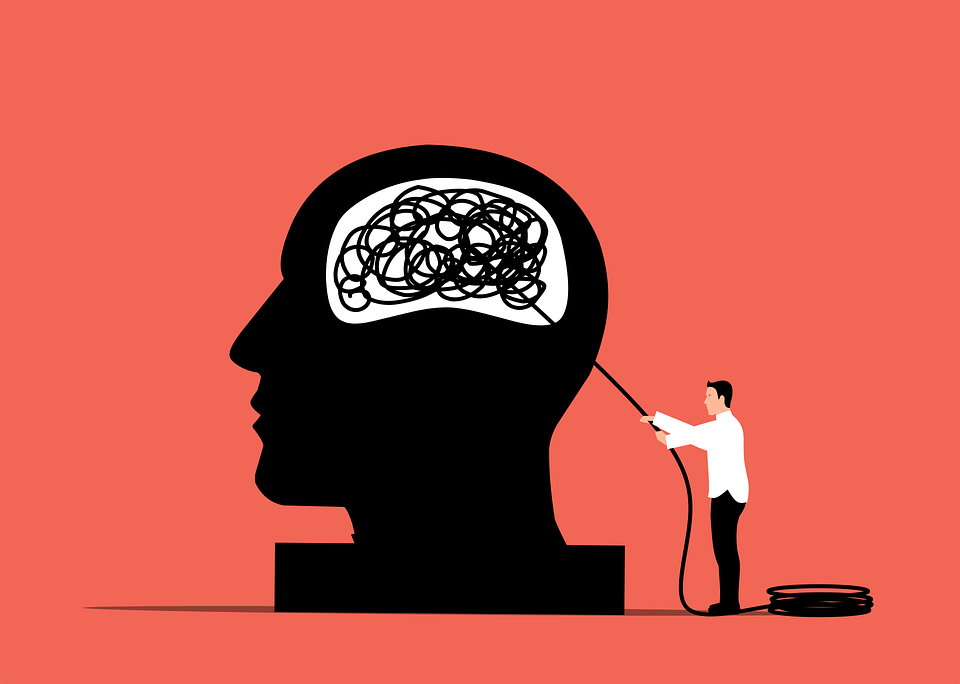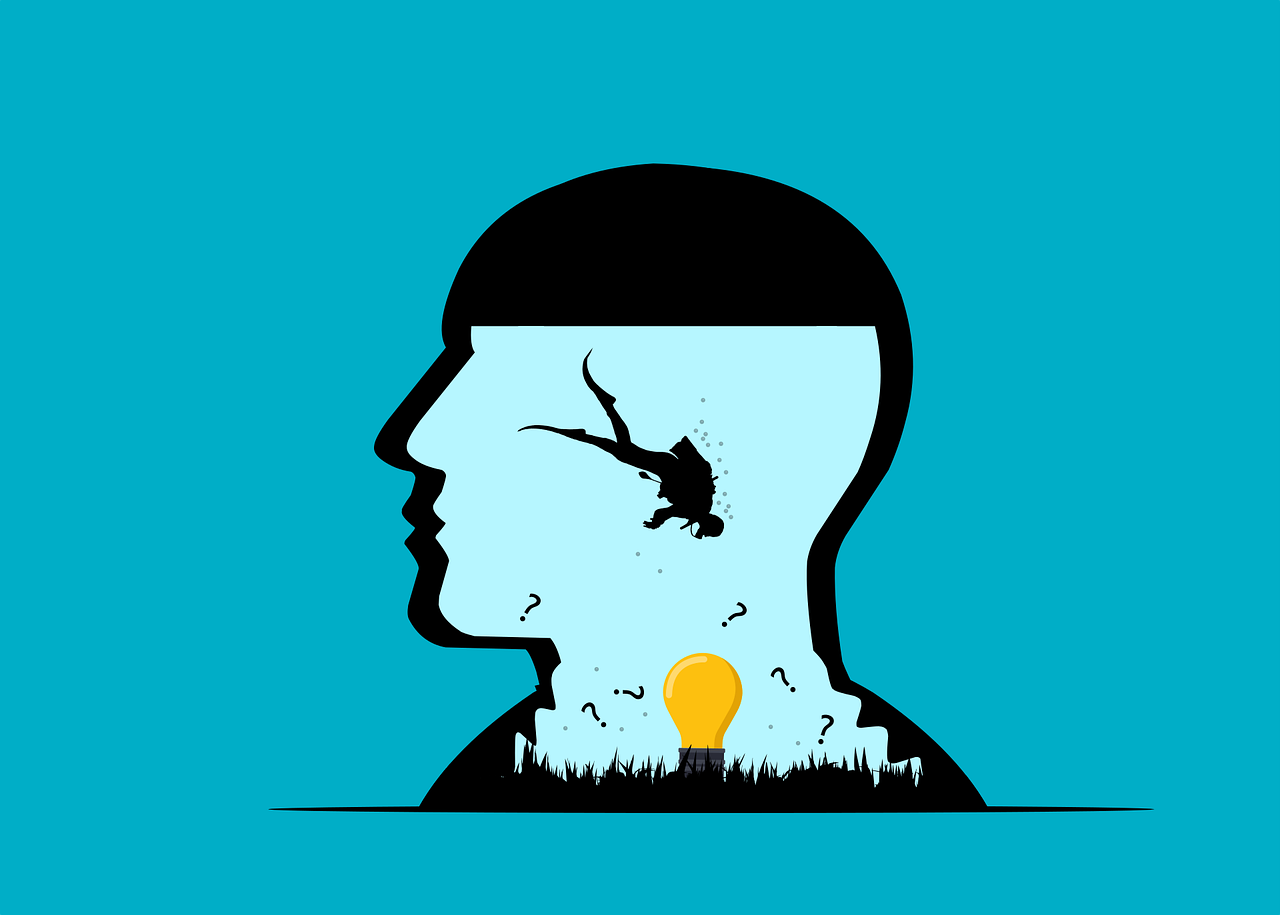stress management

Endorphins: The natural painkiller
Endorphins are the body’s natural pain, relievers and mood boosters. They are naturally produced during pleasurable activities like exercise, sex and laughing as well as painful experiences such as twisting your ankle.

The Brain: 10 habits that damage your brain
There are several habits that can potentially damage your brain over time. It’s important to note that the brain is a complex organ and the effects of these habits can vary depending on a person’s factors and the extent of the behavior

Social media addiction: Tools to Overcome
In recent years, social media platforms have become an integral part of our daily lives. While they offer numerous benefits such as connecting with others and accessing information, excessive use can lead to social media addiction.

Brain fog: Causes and Prevention
Brain fog, a condition characterized by cognitive difficulties that can affect memory concentration and overall mental clarity. People experiencing brain fog often describe it as a feeling of mental fatigue, confusion or a general laziness in the thinking processes.

Insomnia: Causes, Symptoms and Treatment
Insomnia is a common sleep disorder that affects millions of people worldwide. It is characterized by difficulty falling asleep, staying asleep or experience in non-restorative sleep. Insomnia can have a significant impact on a person’s wellbeing, leading to day time fatigue, irritability and impact cognitive function.

Cortisol: Functions and management
Cortisol is a hormone produced by the adrenal gland in response to stress. It plays an important role in the body’s stress response system, helping to regulate various physiological functions. However, chronic or excessive levels of Cortisol can have dangerous effects on the body.

Serotonin: The natural mood enhancer
Serotonin is a neurotransmitter that plays a crucial role in regulating mood, appetite, sleep and various other physiological functions in the body. It is often referred to as the “feel good” neurotransmitter due to its association with feelings of wellbeing and happiness.

Cholesterol: Reverse Using Healthy Lifestyle
Cardiovascular diseases (CVDs) are a group of disorders of the heart and blood vessels. Diseases include heart attacks (coronary heart diseases), stroke, hypertension, heart failure and other conditions. Cardiovascular diseases (CVDs) are leading cause of death worldwide, accounting for approximately 18 million death each year.

Food as medicine
Food has always been essential to human life, not only for its nutritional value but also for its medicinal properties. Healthy food habits can improve our overall health, prevent chronic diseases and even aid in the management of existing medical conditions.

Mind Detoxification
Detoxifying your mind is essential for maintaining mental and emotional wellbeing.

Happy life: 10 Rules to Live Long and Happy
While there is no guaranteed formula for a long and happy life, there are certain principles and habits that can contribute to overall wellbeing

Dopamine: 10 Effective Ways to Enhance Naturally
Dopamine is a neurotransmitter that plays a crucial role in the brain’s reward and pleasure centers, is associated with motivation, mood, focus and overall wellbeing. The imbalance in dopamine levels can lead to various mental health conditions such as anxiety, depression and stress.
